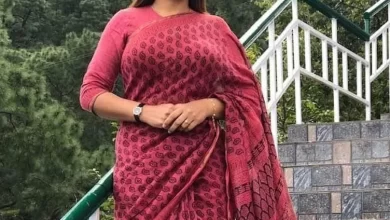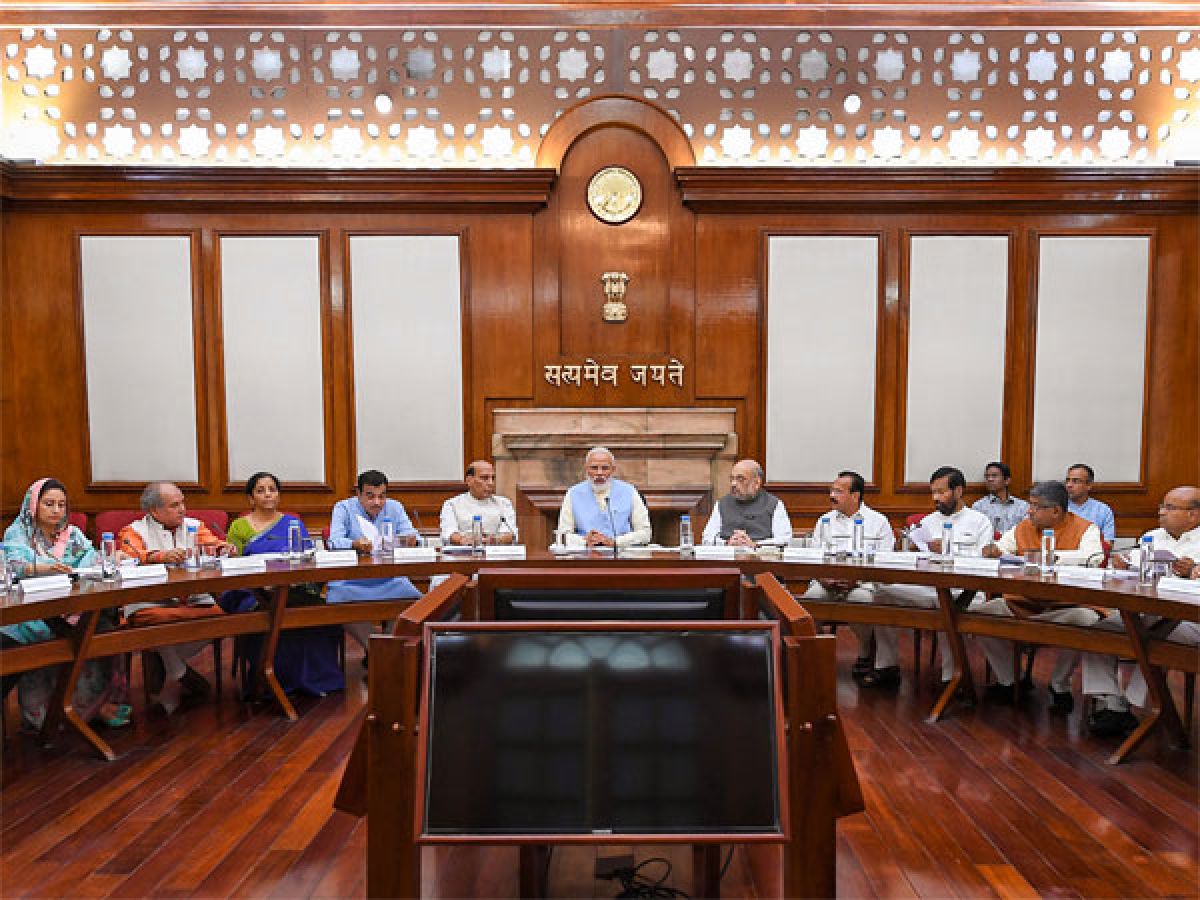
Mumbai, Feb 17: The Bombay High Court on Wednesday said that a second wife is not entitled to receive her dead husband’s pension in cases where the second marriage had taken place without legal dissolution of the first one.
A division bench of Justices S J Kathawalla and Milind Jadhav dismissed a petition filed by Solapur resident Shamal Tate, challenging the state government’s decision denying her pension benefits.
As per the High Court order, Ms Tate’s husband Mahadeo, a peon in the office of the Solapur district collector, died in 1996. Mahadeo was already married to another woman when he married the petitioner.
After his death, Ms Tate and Mahadeo’s first wife came to an agreement that the former would receive almost 90 per cent of the dead person’s retirement benefits, while the latter would get monthly pension.
However, after Mahadeo’s first wife died of cancer, Ms Tate wrote to the state government seeking that she be given Mahadeo’s pension dues henceforth.
After much deliberation, the state government rejected the four applications made by Ms Tate between 2007 and 2014.
Ms Tate then approached the High Court in 2019 claiming that since she was the mother of Mahadeo’s three children, and the society knew them as husband and wife, she was eligible to receive the pension, especially since the first wife, who had been receiving the pension, was now dead.The court, however, held that several Supreme Court judgements had established that a second marriage must be held as void under the Hindu Marriage Act if it has been solemnised without legally ending the first marriage.
The bench observed that the state government had been correct in holding that only a legally wedded wife was entitled to family pension.
The court also said that Ms Tate had not approached it with “clean hands”, since as per the agreement between her and Mahadeo’s first wife, she had explicitly relinquished her rights to the monthly pension.
“The marriage of the petitioner (Tate) to the deceased is void as the same took place while the first wife of the deceased was alive, and while the first marriage was subsisting,” the bench said.
“In view of the findings, this writ petition stands dismissed,” it said.






